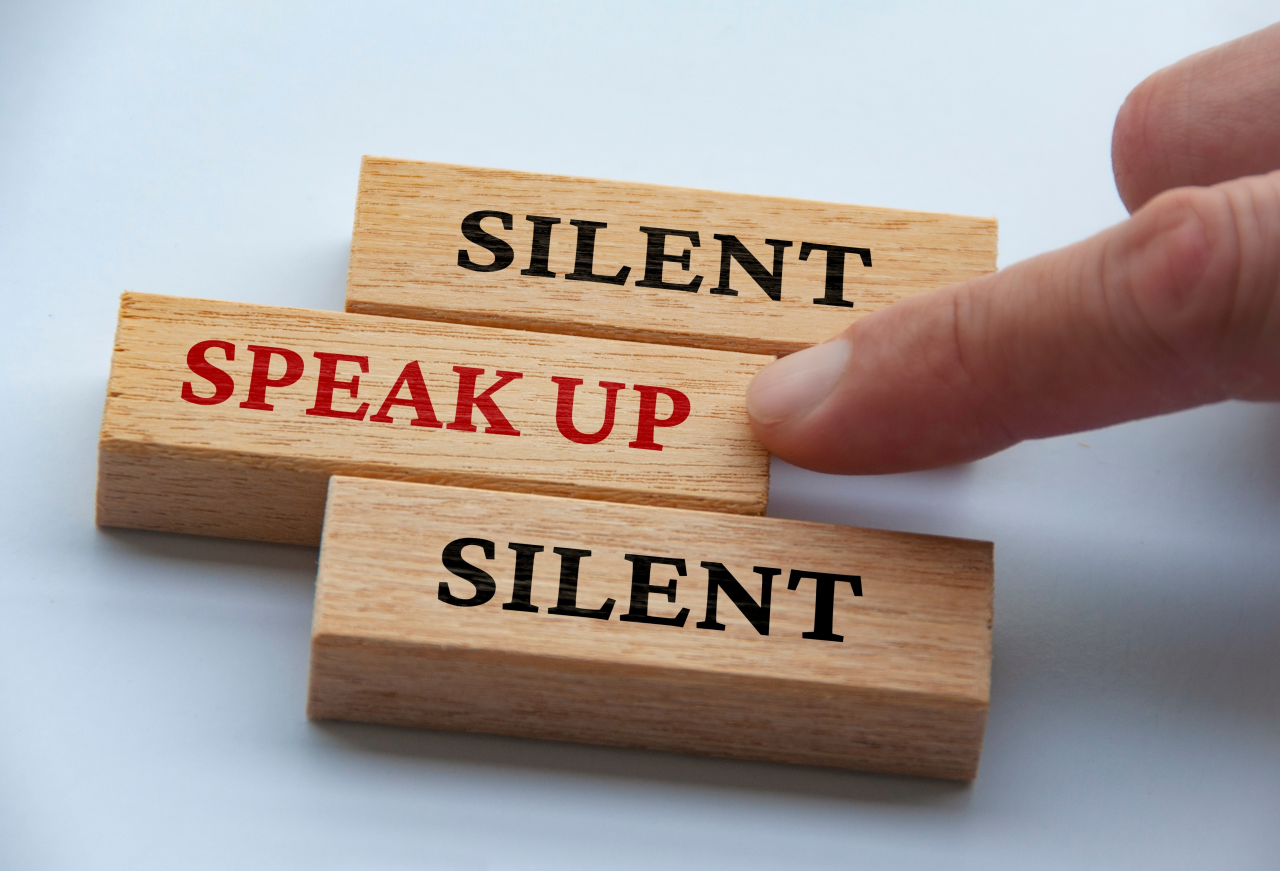When we face trauma, it often disrupts our ability to communicate thoughts and feelings. This metaphorical loss of voice is bigger than simply having difficulty speaking; it encapsulates a more profound issue where we feel compromised, stymying our self-expression and sense of identity.
Trauma, whether from a single event or prolonged adversity, can effectively silence the internal narrative that tells us who we are. Consequently, our voice – the quintessential individualism of our being – becomes lost in the struggle to cope with the overwhelming emotions and memories that trauma leaves in its wake. Restoring balance is not just about finding the right words; it’s about writing a new story where we control the ending.
How Does Trauma Cause Voice Loss?
The impact of trauma extends deep into our psyche, altering how we process feelings and emotions and express ourselves. It stifles our capacity to share how we feel and disrupts our very sense of who we are. It can create a persistent state of hyperarousal where the most straightforward conversations make us hypervigilant, and we constantly look for danger signs instead of engaging in meaningful dialogue.
In an attempt to self-protect, we might seek to avoid anything that triggers traumatic memories, therefore muting our stories and silencing our voices. However, though part of a natural defence, these mechanisms often work against the essence of healing and expression.
Emotional Overwhelm
Trauma can saturate our emotional landscape, leaving little room for processing anything new. It’s like a flood where everything happens so quickly that the nervous system cannot cope with the physical and mental feelings that come with it.
Tasked with processing these surges, our brain often falls behind, leading to a bottleneck effect where feelings appear too intense and complex to express. This congestion can manifest in silence or uncontrollable, aggressive outbursts that do not truly convey our inner goings-on.
Hyperarousal
Living in a state of heightened alertness keeps us on edge. This hyperarousal state can make it challenging to relax into conversations or find the mental quietude necessary for reflective thought and communication. When our mind constantly scans for danger, the bandwidth for calm, measured expression diminishes, and our voice can become frayed or lost in the static of our vigilance.
Avoidance
A common response to trauma is to steer clear of anything that might evoke painful memories, as the act of communicating personal experiences, particularly those associated with the past, can feel like walking on eggshells. However, when we habitually avoid these internal alerts, we also bypass opportunities to articulate our story, leading to silence where our voice should be.
How Can We Find Our Voice Again after Trauma?
In the wake of trauma, regaining our voice is more than just learning to speak up – it’s a way to reclaim our identities. This often begins in a therapeutic space where we are encouraged to understand and express our experiences in a safe and supportive environment.
Therapeutic Interventions
Therapies like cognitive behavioural therapy (CBT) offer a structured approach to untangling the web of negative thought patterns that often trap us in silence. It equips us with tools to challenge and change these patterns and create an environment where we can be heard.
As we work through CBT, we learn to identify distortions in our thinking, develop healthier coping mechanisms, and articulate our thoughts and feelings more clearly. This process helps improve our communication and supports the reconstruction of a self-narrative that reflects our resilience and authenticity.
Creative Outlets
Creative activities can help us express the complex emotions that arise from trauma, even for those who do not consider themselves traditionally artistic. Art, music, writing, and other forms of creative expression allow us to externalise and give form to feelings we can’t always articulate with words.
This isn’t about showcasing talent; it’s about using creativity to communicate and process difficult experiences. It’s said that a picture is worth a thousand words – by directing our emotions into creative outlets, we use a medium that can capture the subtleties of our inner experiences.
Support Systems
In an understanding and supportive community, we feel listened to and know that what we’re saying is really heard. This knowledge reinstills the importance of our narratives and reinforces our willingness to communicate our stories. The mere fact that others are genuinely listening can strengthen our self-worth and validate the significance of our voice, inspiring us to continue sharing and connecting with others.
Self-Care and Compassion
Treating ourselves with the same kindness we’d offer someone else should be the rule, not the exception.
Embracing self-compassion means acknowledging our pain with gentleness, quieting the often highly critical internal voices that trauma heightens. This forgiving inner dialogue is vital, as it lays a foundation for a healthier self-image.
From this place of self-acceptance, we can begin to develop a more authentic and understanding voice that reflects our true sense of self. Through consistent practice of self-compassion, we not only heal but also discover a more compassionate way to relate to ourselves and, subsequently, to the world around us.
Mindfulness and Grounding
Anchoring ourselves in the present helps diminish the intrusive thoughts and distressing flashbacks that can interrupt our communication, and mindfulness encourages a sense of calm and balance, providing a platform from which to speak. From this position, we can express ourselves with clarity and confidence, allowing our words to reflect our experiences and aspirations.
Contact Us Today
If trauma has impacted your life, you don’t have to struggle to recover alone. Our dedicated team understand the complexities of trauma and is here to support you as you find your voice again on your journey to healing. Reach out to [email protected] or call +44 207 971 1263 to learn more.
References:
- https://www.apa.org/topics/trauma
- https://www.ncbi.nlm.nih.gov/pmc/articles/PMC3181836/
- https://www.ncbi.nlm.nih.gov/books/NBK207191/
- https://www.ptsd.va.gov/professional/treat/essentials/avoidance.asp
- https://www.ncbi.nlm.nih.gov/pmc/articles/PMC4476061/
- https://www.psychologytoday.com/us/blog/arts-and-health/201603/the-healing-power-art
- https://www.ncbi.nlm.nih.gov/pmc/articles/PMC5507582/
- https://chrisgermer.com/wp-content/uploads/2020/11/Transforming-Trauma.pdf
- https://www.ncbi.nlm.nih.gov/pmc/articles/PMC5747539/



